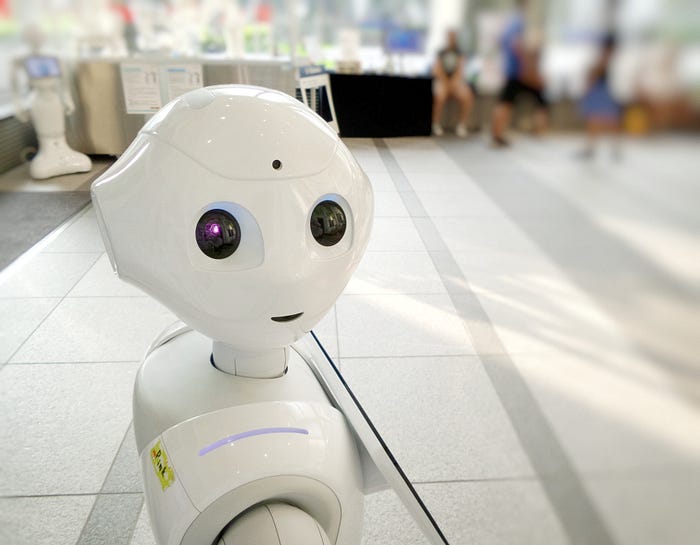Should AI Robots be Citizens?

It might seem like an outrageous question at first, but as our society becomes more reliant on robots for everything from improving efficiency at work to improving our sex lives, we need to ask it. Should robots be treated the same as citizens?
Notice the question is not “will” but “should” robots be citizens. That’s because robots have already been granted citizenship. At least one robot has.
Let’s consider Sophia. She’s the first robot with her own passport. Developed by Hong Kong-based company Hanson Robotics, she can imitate 62 human expressions using AI, facial recognition, and an internet connection. She is so advanced and lifelike that in 2017 the Saudi Arabian government made the unprecedented decision to grant her full citizenship of its country.
This move sparked controversy for many, forcing people to question whether or not robots should have rights.
Concerns Over Granting Citizenship to Robots
There’s a lot to unpack here, so let’s start with the obvious.
Robots aren’t humans.
While they can perform certain tasks and functions as well as, or better than, people, robots lack human emotion and uniquely human understandings of how the world works. A robot is only as intelligent as the information it receives from the humans it interacts with. For example, if robots are granted citizenship, will they vote in elections? If so, how will they choose who they vote for? How can we ever be sure that a robot’s vote is genuine, not the machinations of someone seeking to put a particular person or party into power?
Unrest could arise among humans who are not granted citizenship.
Giving a robot citizenship can feel defeating for people who have spent years trying to get citizenship in a particular country. It is no small feat to become a citizen of a country other than that of your birth. What happens when robots are handed citizenship without going through the same processes as people? Who will be blamed, the robots, the manufacturers, the technologists, or society itself? It’s easy to see how granting robots citizenship over humans could quickly turn messy.
Issues determining which country can grant citizenship
Next, how is the country of citizenship determined? A man from the American state of Texas first had the idea for Sophia. A company developed her in Hong Kong. So, why is she a citizen of Saudi Arabia? In this case, it seems like giving Sophia citizenship was more of a marketing stunt than anything, but what happens with the next robot and the hundreds after that? There will need to be some standard for determining which country or countries a robot can be granted citizenship.
Creating a robot hierarchy
Another question we have to ask is, which robots are deemed “worthy” to get citizenship? The answer to this question is complicated, to say the least. By granting citizenship to certain robots and not others, we may inadvertently create a robot hierarchy system in which some robots are treated like humans. In contrast, others are treated like, well, robots.
Consider how robot citizenship impacts manufacturers and owners.
Finally, there’s the reality that robots are not independent, autonomous beings. A company manufactures them, then sells them to an individual or company for a specific use. How does the decision of whether or not to grant robot citizenship affect the owner? More importantly, does grant a robot citizenship give a free pass to manufacturers who make a mistake when programming a robot?
Takeaway
Clearly, many questions need to be answered before we can move forward with granting robots citizenship. Based on filmed interviews with Sophia, it’s clear that she is a robot, not a human. As such, it may not seem fair to many that she has more rights than many people have at this moment.
As robots become more sophisticated, they may blur the line between human and machine. We should take the question of “should robots be citizens” seriously to understand better what that entails and how it will impact the world when that time comes.